If you are not already scared witless about your energy bills this week, you probably should be.
Dire report after worrying forecast has flooded the airwaves.
Personal finance expert Martin Lewis is so alarmed he’s calling it the next pandemic.
And with average bills now expected to top £4,000 a year, it’s clear the UK government’s proposed one-off £400 payment for every household isn’t going to cut it.
It’s looking increasingly like the financial equivalent of sticking on the electric heater while the back door is wedged open.
And it’s one of the main reasons why the Liberal Democrats are putting forward a plan to absorb the entire increase in fuel prices at government level this year, rather than passing it on to consumers.
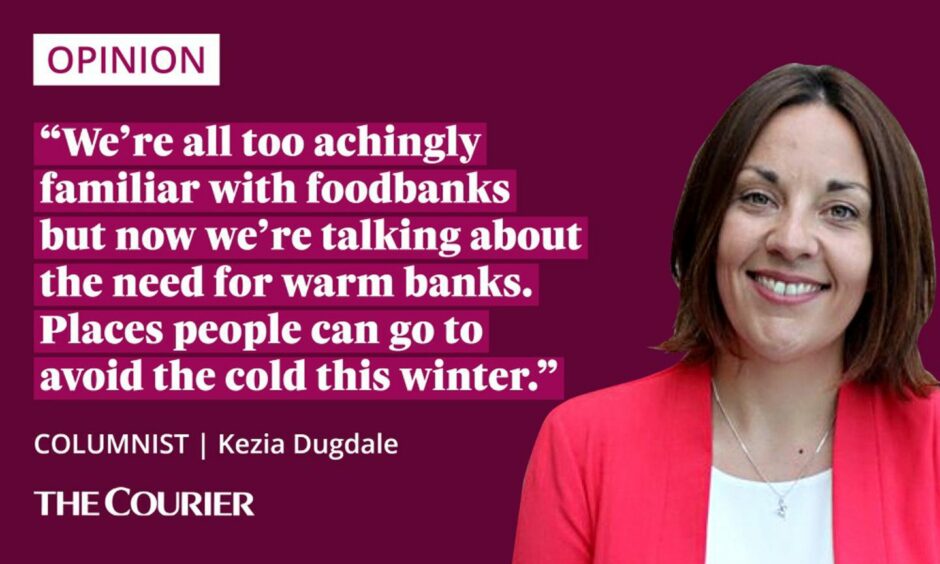
The policy would cost the public purse a whopping £17 billion.
But it would also let the big energy suppliers off the hook and either add to government debt or lead to reduced spending on other things like the NHS or school spending.
That’s what politics is though, in its truest form. Choices.
The government can either choose to help or choose not to.
Energy price rises are hitting home with cash-strapped families
The biggest factor driving energy bills at the moment is the wholesale cost of fuel.
And that’s a global issue.
According to the energy supplier Octopus Energy, the North Sea supplies 50% of the UK’s gas, meaning we have to buy the remaining 50%.
Europe gets most of its gas from Russia and a bit from the Middle East.
But the war in Ukraine is having a significant impact on fuel coming from the East.
Existing networks are being disrupted and there’s uncertainty over Russian supplies in the future.
And when supply goes down, prices go up, leaving those who do have gas to sell in prime position.
If they’ve got it in abundance, like countries in the Middle East, they’re quids in.
Meanwhile the rest of us are left watching the smart meter tick up every time we boil the kettle or run a hot shower, as all these geopolitical dramas play out in our living rooms and kitchens.
It’s also focusing the minds of the Conservative leadership contenders as they bid to become Prime Minister.
Every conversation is focused on their choices – whether or not to help with energy bills and to what extent?
Yet I can’t help but think that misses the bigger picture.
Manufacturers will pass on rising costs to consumers
Because of course, we don’t just use energy to heat our water and cook for our families.
It’s consumed in huge quantities by industry, with many manufacturers currently contemplating whether they can afford to keep producing this winter.
They’ve already absorbed huge increases to wholesale prices and attempted to limit consumer increases.
And now they are running out of road.
At the start of 2022 manufacturers, expectations for the year were broadly positive.
But 6 months on #ukmfg have been hit with a myriad of challenges from rising inflation to soaring energy costs.
Read our new blog w/@PwC_UK – A halftime review of 2022: https://t.co/TyWo4AvdEV pic.twitter.com/vGwzMhnZSE
— Make UK Campaigns (@MakeUKCampaigns) June 29, 2022
It doesn’t matter if you are making widgets or lattes. The profit margin is rapidly disappearing and with it will go jobs and the beating hearts of communities.
A huge amount of energy is used in food production and that leads to rising prices in the supermarket.
And that, in part, explains why food inflation is outstripping and driving general inflation figures, now tipped to hit 13% by the turn of the year.
Families need cash, not meaningless discounts, as energy prices rise
The list of “look how much trouble we’re in” could fill every inch of The Courier but you get the picture.
And that’s why the focus on energy bills alone is misguided.
If we want to give families, particularly those on the breadline, help this winter, we need to give them cash and let them make decisions which best suit their circumstances.
A discount off a bill that’s already rising doesn’t add a fresh new penny to a parent’s pocket.
The way to do this is by ensuring social security goes up in line with inflation, tax credits in particular.
It probably also requires more one-off payments for particular families and pensioner groups. But these need to be in cash.
Could warm banks provide refuge from soaring energy prices?
Alongside businesses, the other great forgotten group in all this are the community services and buildings that could provide refuge from the cold.
If you can’t heat your house all day, you might head for the public library or the community centre.
On the year's hottest day, I'm delighted to hear more councils are planning to set up warm banks / warm spaces for this winter. Places people can keep warm when they can't afford heating. I'd urge all who lead councils, public buildings, unis etc to consider how you can help.
— Martin Lewis (@MartinSLewis) July 18, 2022
But they’re not getting extra cash from the UK Government.
And councils are already feeling the squeeze because of Scottish Government decisions.
We’re all too achingly familiar with foodbanks. But now we’re talking about the need for warm banks as a way to combat rising energy prices.
These would be places where people could go to avoid the cold this winter.
For elderly folk in particular they could offer a safe, warm place to get out the house and see other people.
Where’s the plan to support all these community groups and services?
And could the Scottish Government and councillors steal a march here and get cash into the hands of the community halls, sports centres and public buildings that will prove vital respite from icy winds and chilling financial forecasts this winter?
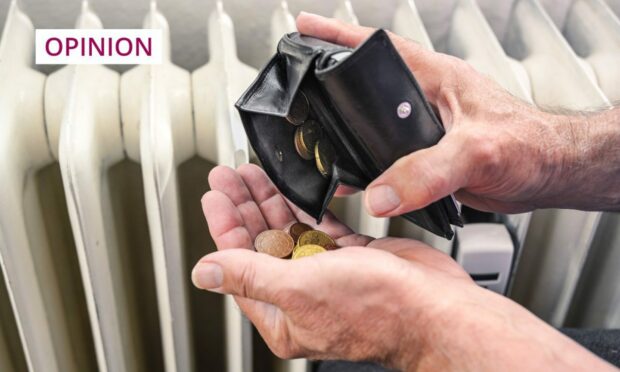
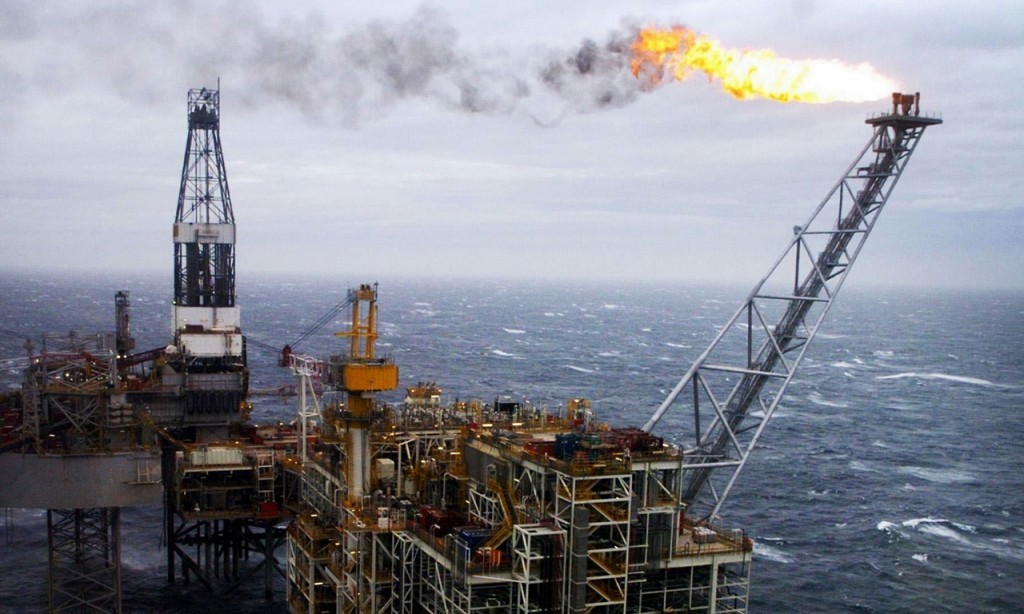
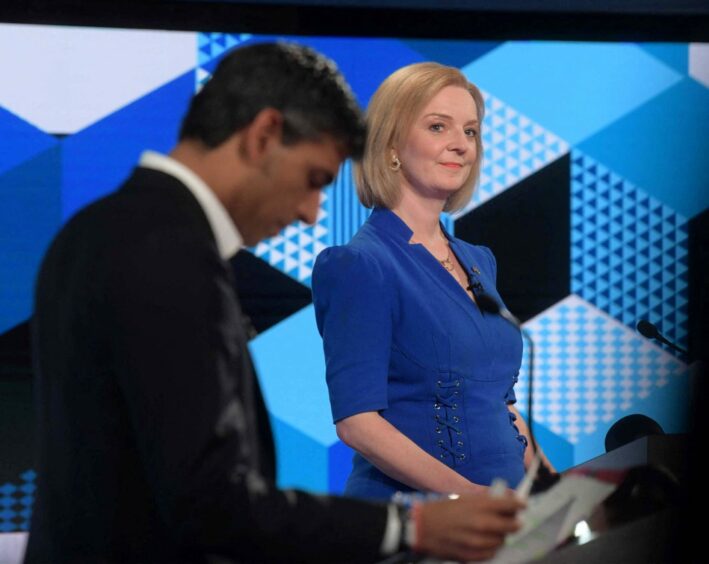
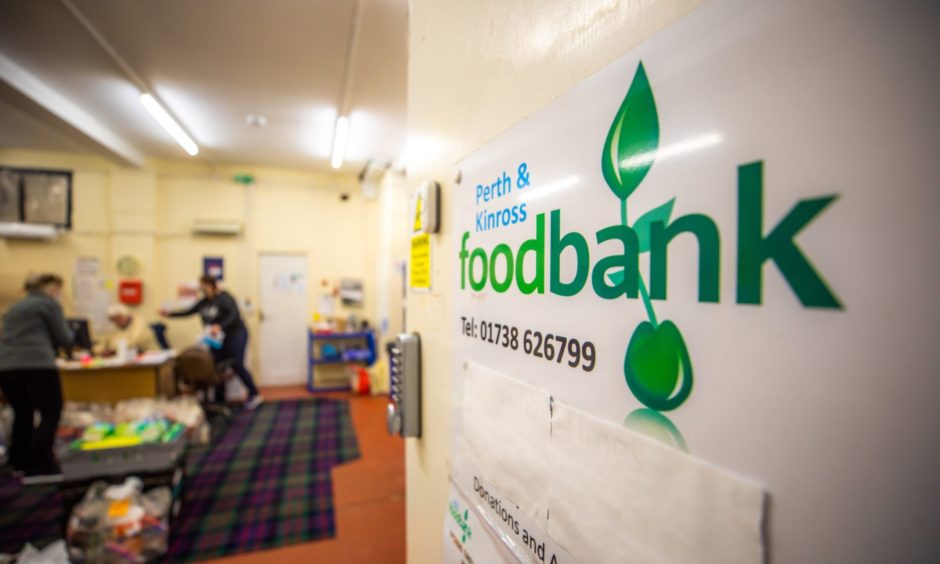
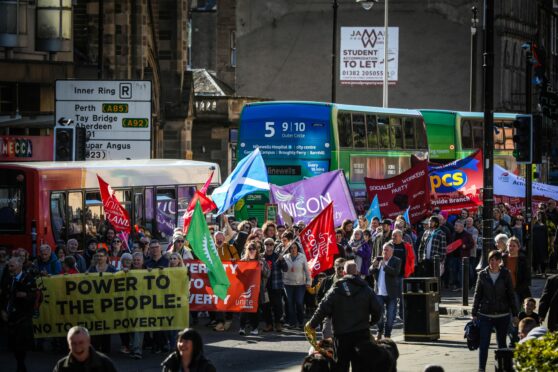
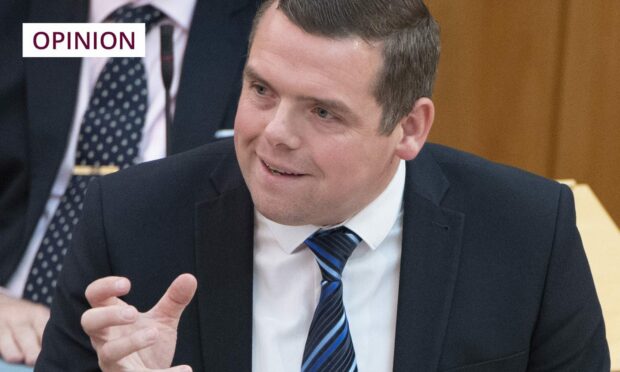
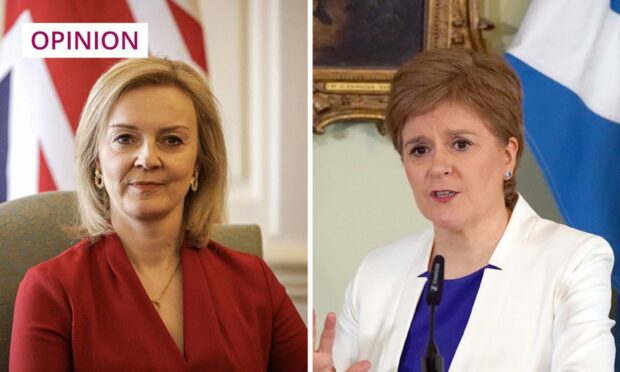
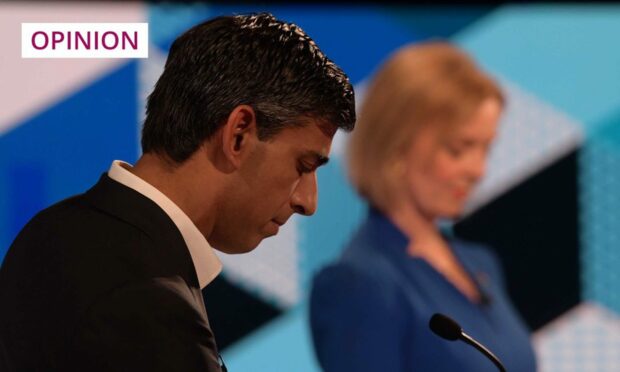
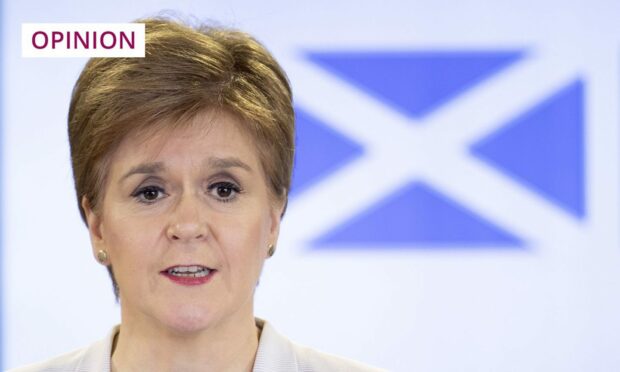









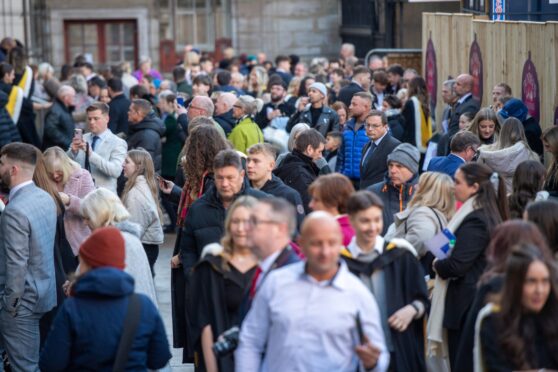
Conversation